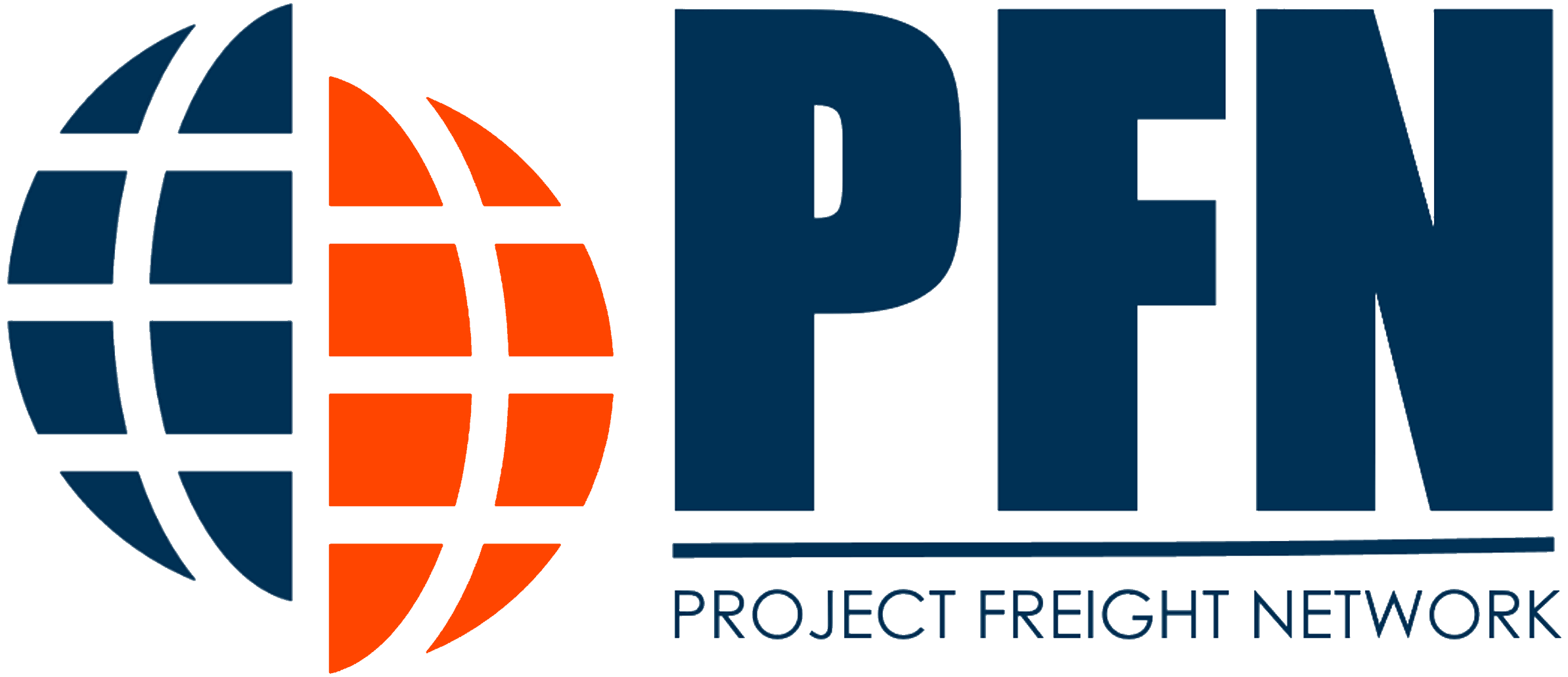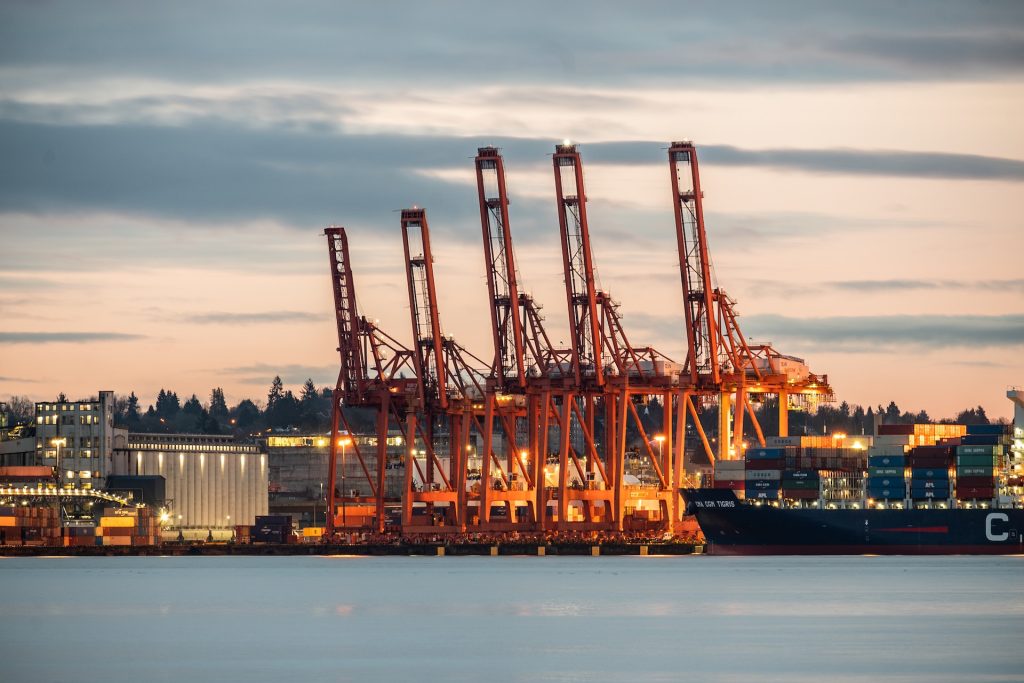In recent years, the UK government has introduced a new policy to create freeports as part of its post-Brexit trade strategy. Freeports are designated areas within ports where businesses can operate tax-free, with simplified customs procedures and other incentives. The UK government aims to establish up to ten freeports across the country, with the first sites expected to be operational in 2022/23. In this article, we will examine the UK freeport model, its potential benefits and challenges, and its implications for businesses.
What are freeports and how do they work?
Freeports are not a new concept. They have been around for centuries, starting with the creation of freeports in the 18th century in Europe. Today, there are more than 3,500 freeports worldwide, with the largest concentrations in China, the United States, and the European Union. Freeports are designed to attract investment, trade, and employment by offering a range of incentives to businesses that locate within them.
In the UK, freeports will operate within existing ports and airports, with a designated area for customs purposes. Within the freeport, businesses will be able to import goods without paying tariffs, Value Added Tax (VAT), or excise duties until the goods leave the freeport and enter the domestic market. This means that businesses can defer paying taxes until they make a profit, which can help them to reduce their operating costs and improve their cash flow. In addition, freeports will have simplified customs procedures, which can save time and reduce bureaucracy for businesses.
What are the potential benefits of freeports?
The UK government has identified several potential benefits of freeports, including:
- Creating jobs and economic growth: Freeports can attract businesses that generate employment and stimulate economic activity. The UK government estimates that freeports could create up to 83,000 jobs and contribute £2.3 billion to the UK economy over the next decade.
- Encouraging investment and trade: Freeports can attract domestic and foreign investment by providing a favorable business environment. They can also facilitate international trade by simplifying customs procedures and reducing barriers to entry.
- Fostering innovation and entrepreneurship: Freeports can provide a platform for businesses to test new products and services, collaborate with other companies, and access research and development facilities.
- Supporting regional development: Freeports can help to rebalance the UK economy by attracting investment to less prosperous regions and promoting local supply chains.
What are the potential challenges of freeports?
Despite the potential benefits, freeports also face several challenges that need to be addressed. These include:
- Competition and displacement: Freeports can create a race to the bottom in terms of tax and regulation, which can undermine the level playing field and harm businesses that operate outside the freeport. In addition, freeports can lead to the displacement of economic activity from one region to another, rather than creating new economic activity.
- Fiscal and regulatory risks: Freeports can create opportunities for tax evasion, money laundering, and other illicit activities if they are not properly regulated and monitored. In addition, freeports can create fiscal risks for the government if they do not generate enough tax revenue to offset the cost of the incentives.
- Environmental and social impacts: Freeports can have negative impacts on the environment and local communities, particularly if they are located in sensitive areas or do not comply with environmental and social standards. In addition, freeports can exacerbate inequality and social exclusion if they do not benefit all segments of society.
How can businesses navigate the freeport landscape?
For businesses that are considering operating within freeports, there are several factors to consider, including:
- Business strategy: Freeports can offer a range of opportunities and risks, depending on the nature and objectives of the business. Businesses need to assess whether the benefits of operating within a freeport outweigh the costs and risks, and whether the freeport aligns with their business strategy and values.
- Regulatory compliance: Businesses that operate within freeports need to comply with the relevant regulations and standards, both within and outside the freeport. This includes customs procedures, tax reporting, environmental and social standards, and other legal requirements.
- Supply chain management: Freeports can offer opportunities for businesses to access new markets, sources of inputs, and customers. However, businesses also need to manage the risks associated with supply chain disruptions, competition, and compliance.
- Collaboration and innovation: Freeports can provide a platform for businesses to collaborate with other companies, research institutions, and government agencies. This can help businesses to access new ideas, technologies, and funding, and to enhance their competitiveness and resilience.
Allbeit, the UK freeport model represents a significant shift in the country’s trade policy and economic strategy. While freeports offer potential benefits for businesses, such as tax relief, simplified customs procedures, and access to new markets, they also face significant challenges in terms of competition, regulation, and social and environmental impacts. As businesses navigate the freeport landscape, they need to carefully consider their business strategy, regulatory compliance, supply chain management, and collaboration and innovation strategies. By doing so, businesses can leverage the opportunities of freeports while mitigating the risks and challenges.






